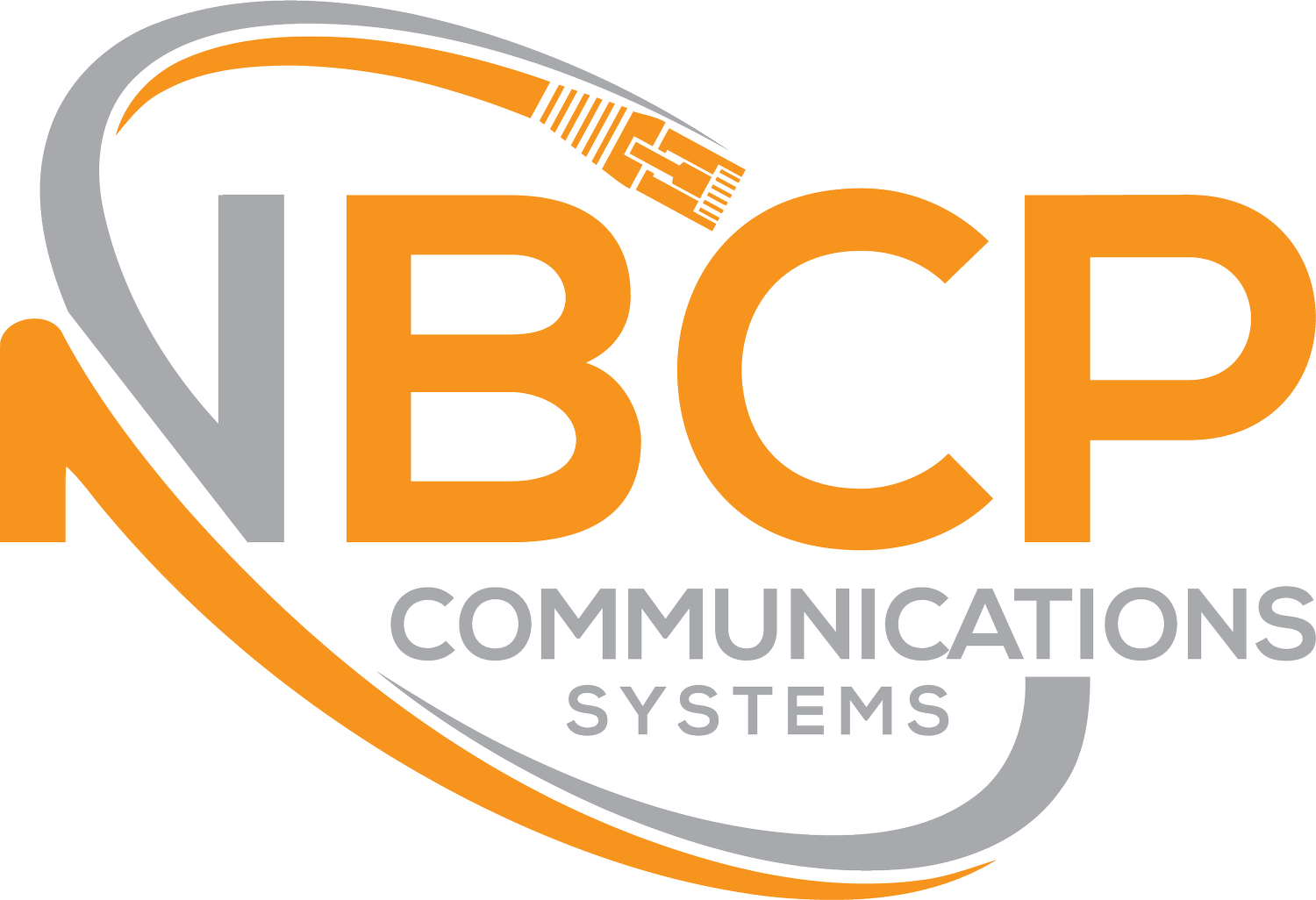Navigating TAA Compliance in the Tech Space
In the tech industry, understanding and prioritizing regulatory requirements is essential for sustained success. This includes compliance with the Trade Agreements Act (TAA), a crucial but often overlooked aspect that significantly impacts a tech company's standing in the market. In this blog post, we'll explore the importance of TAA compliance and why integrating it into your business strategy is essential for both growth and reputation.
Understanding TAA Compliance: The Trade Agreements Act (TAA) was enacted to promote fair and open international trade. In the context of technology, TAA compliance refers to adherence to the stipulations outlined in the act when procuring goods and services for federal government agencies. These stipulations mandate that the products must be manufactured or "substantially transformed" in countries that are party to certain trade agreements with the United States.
Importance of TAA Compliance in the Tech Space:
Legal Requirement: TAA compliance is not optional; it's a legal necessity. Government agencies are bound by regulations, and failure to comply with TAA requirements can result in severe consequences, including contract cancellations, financial penalties, and even legal action.
Ensuring Fair Trade: TAA compliance promotes fair trade practices by encouraging the purchase of products from countries that have mutually beneficial trade agreements with the United States. This not only fosters economic collaboration but also ensures a level playing field for businesses.
National Security Considerations: In the tech space, especially when dealing with sensitive government projects, national security is a top priority. TAA compliance helps mitigate risks by ensuring that the technology components used meet certain standards and are not compromised by untrusted sources.
Supporting American Industry: TAA compliance aligns with the goal of supporting domestic industries. By requiring products to be manufactured or substantially transformed in designated countries, the act stimulates economic growth and job creation within the United States.
Maintaining Data Integrity: In an era where data security is paramount, TAA compliance contributes to the integrity of information systems. By sourcing technology from trusted countries, the risk of compromised hardware or software is significantly reduced.
Enhancing Vendor Accountability: TAA compliance places accountability on technology vendors to ensure that their products meet the specified criteria. This encourages vendors to maintain high standards in their manufacturing processes and supply chain management.
Conclusion: TAA compliance is more than a regulatory box to tick—it's a critical aspect of navigating the tech landscape, especially for those engaging with government contracts. Beyond legal obligations, TAA compliance fosters fair trade, supports national security, and bolsters domestic industries. In a world where technology is at the forefront of progress, ensuring adherence to TAA requirements is not just a best practice but an indispensable element of responsible and secure tech acquisition.

